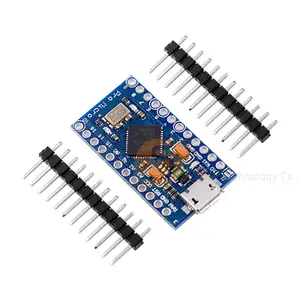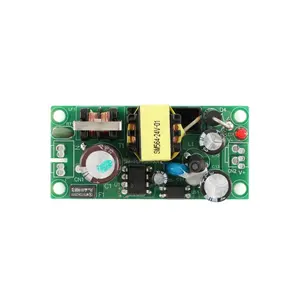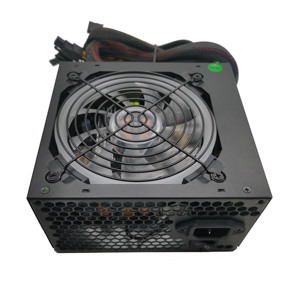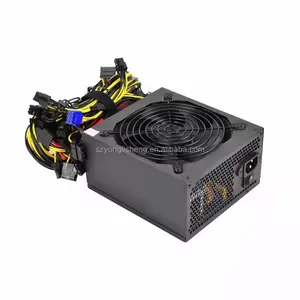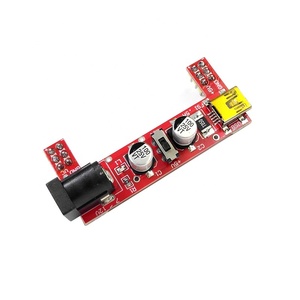Arduino Micro Power Supply





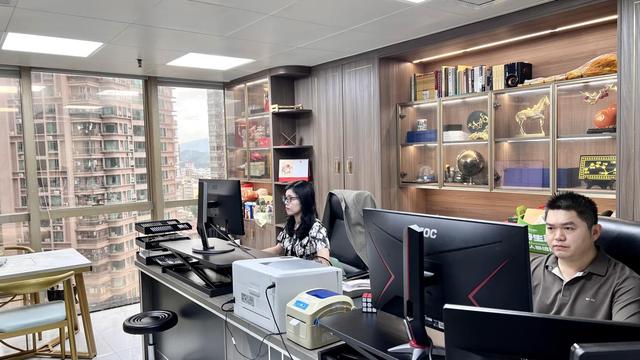






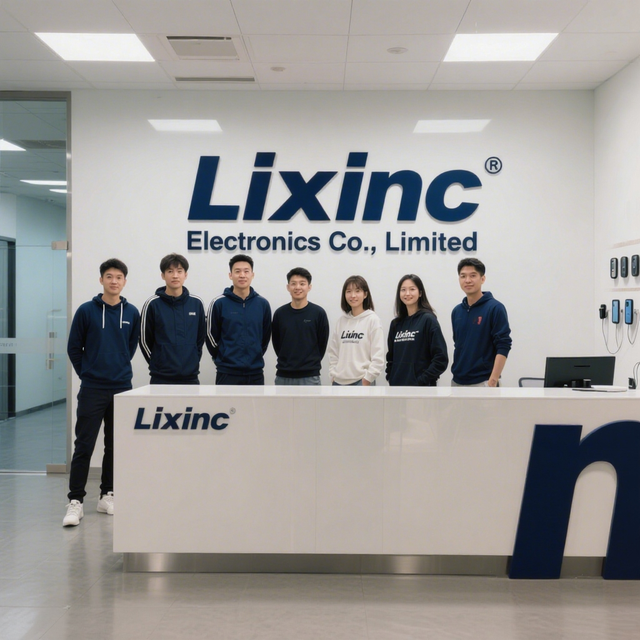

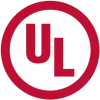








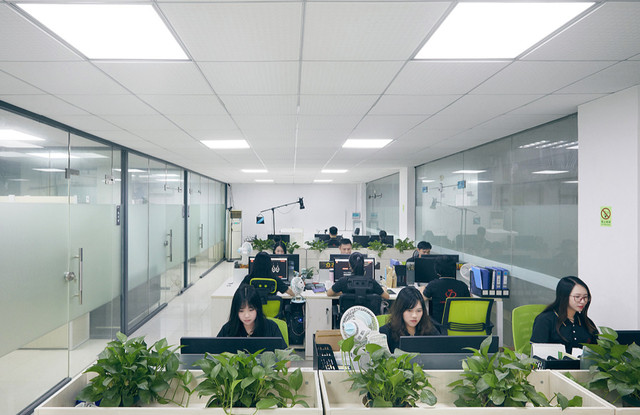









About arduino micro power supply
Where to Find Arduino Micro Power Supply Suppliers?
China remains the central hub for electronics component manufacturing, with Shenzhen-based suppliers leading in compact power solutions for microcontroller platforms like Arduino. The city’s dense ecosystem of electronic manufacturers enables rapid prototyping and scalable production, supported by integrated supply chains for ICs, PCBs, and surface-mount components. Suppliers specializing in Arduino-compatible power modules benefit from localized access to semiconductor distributors, automated SMT lines, and logistics networks, reducing material lead times by 20–30% compared to offshore alternatives.
These clusters support high-volume output of DC-DC converters, USB power regulators, and battery management circuits tailored for low-power microcontrollers. Key advantages include flexible MOQs (as low as 1–10 units), fast turnaround (typically 7–15 days for small batches), and cost efficiency driven by competitive pricing on standardized modules such as TP4056, LTC3780, and MP1584EN. Buyers also gain access to hybrid offerings that combine power regulation with development board functionality, streamlining integration into embedded systems.
How to Choose Arduino Micro Power Supply Suppliers?
Effective supplier selection requires rigorous evaluation across technical, operational, and transactional dimensions:
Technical Capability Verification
Confirm compatibility with common Arduino micro variants (e.g., Pro Mini, Pro Micro, ATmega32U4) and voltage requirements (3.3V/5V). Evaluate product listings for clear specifications including input/output ranges, current capacity, and circuit protection features. Suppliers offering multi-output or adjustable buck/boost modules demonstrate higher design flexibility.
Production and Quality Indicators
Assess operational scale through available metrics:
- On-time delivery rates exceeding 95% indicate reliable logistics execution
- Response times under 5 hours reflect active order management
- Reorder rates below 15% suggest consistent customer satisfaction
- Presence of PCBA, sensor modules, or development kits in product portfolios signals technical specialization
Sourcing and Transaction Risk Mitigation
Prioritize suppliers with verifiable online transaction histories and transparent pricing structures. Utilize incremental ordering strategies—start with sample batches—to validate performance before scaling. For customized configurations, confirm availability of labeling, packaging, or material modifications. Ensure payment terms align with shipment milestones, especially when integrating power modules into larger system assemblies.
What Are the Best Arduino Micro Power Supply Suppliers?
| Company Name | Main Products (Listings) | Online Revenue | On-Time Delivery | Avg. Response | Reorder Rate | Min. Order Quantity | Price Range (USD) |
|---|---|---|---|---|---|---|---|
| Shenzhen VictoryStar Technology.,Limited | Other ICs (23,625) | US $20,000+ | 100% | ≤2h | <15% | 1 piece | $0.14–$1.20 |
| Shenzhen Million Sunshine Technology Co., Limited | Other ICs (1,816) | US $80,000+ | 63% | ≤5h | 16% | 2 units | $0.10–$5.90 |
| Shenzhen Chipskey Technology Co., Ltd. | Customization options | US $30,000+ | 98% | ≤12h | 25% | 10 pieces | $0.60–$3.94 |
| Shenzhen Jinxinyi Electronic Co., Ltd. | Other ICs (313) | US $20,000+ | 96% | ≤2h | <15% | 5–10 pieces | $0.35–$5.30 |
| Shenzhen Tuozhanteng Electronic Components Co., Ltd. | Other ICs (1,585) | US $110,000+ | 95% | ≤8h | 16% | 1–10 pieces | $0.64–$5.98 |
Performance Analysis
Shenzhen VictoryStar stands out for responsiveness (≤2h) and perfect on-time delivery, making it ideal for time-sensitive procurement despite lower revenue volume. In contrast, Shenzhen Tuozhanteng reports the highest online revenue (US $110,000+), indicating strong market penetration and diversified product offerings, though its reorder rate suggests room for improvement in customer retention. Suppliers like Jinxinyi and VictoryStar offer single-unit MOQs, providing flexibility for R&D testing. Chipskey differentiates through customization capabilities in color, labeling, and packaging—critical for branded deployments. While Million Sunshine offers broad price variability, its 63% on-time delivery rate presents a logistical risk for scheduled production runs.
FAQs
What are typical MOQs for Arduino micro power supplies?
MOQs range from 1 piece for basic cables and modules to 10–100 pieces for bulk DC-DC converters. Suppliers such as Shenzhen VictoryStar and Tuozhanteng accommodate prototype-stage buyers with minimal entry thresholds.
How long do samples take to ship?
Sample processing typically takes 3–7 business days, with air shipping adding 5–10 days depending on destination. Some suppliers offer expedited handling for urgent development cycles.
Can suppliers customize power modules for Arduino applications?
Yes, select suppliers like Shenzhen Chipskey provide customization in labeling, color coding, connector types, and packaging. Confirmation of design files and tooling costs is required prior to production.
Are these power supplies compatible with international voltage standards?
Most listed modules operate within 5V USB or 12–24V DC input ranges, suitable for global use with appropriate adapters. Step-up/step-down functionality ensures stable output regardless of regional supply fluctuations.
Do suppliers provide compliance documentation?
While formal certifications (e.g., CE, RoHS) are not explicitly stated, many products incorporate industry-standard ICs known for regulatory compliance. Buyers should request material declarations or conduct independent testing for mission-critical deployments.









